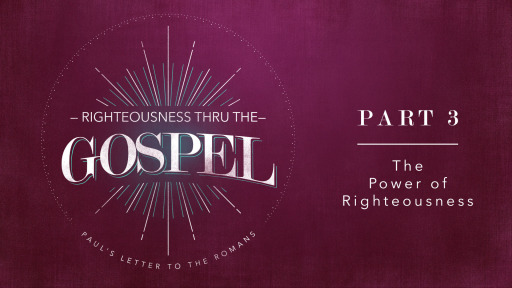No Condemnation!

Take, for instance, the case of Noah. When the ark was finished and a perfect way of escape from divine wrath provided, the invitation went forth, “Come thou and all thy house into the ark” (Gen. 7:1). Now, the ark was pitched “within and without with pitch” and, interestingly enough, the Hebrew word for “pitch” is the identical word used elsewhere for “atonement.” Between the saved in the ark and the waters of judgment without was the hewn wood and the pitch. Once Noah and his family were safely in the ark, we read that “the LORD shut him in” (Gen. 7:16). Here was complete security. God did not say to Noah, once the ark was finished, “Now, Noah, I want you to take eight spikes and drive them into the outside timbers of the ark. So long as you and your family hang on you will be saved, but if you once let go you will be lost.” No! God shut him in. What it meant for Noah to be “in the ark,” it means for us to be “in Christ.” In Him, God has placed us in a sphere where His wrath can never reach us and we are secure as Christ can make us. There is no more condemnation for sin.
